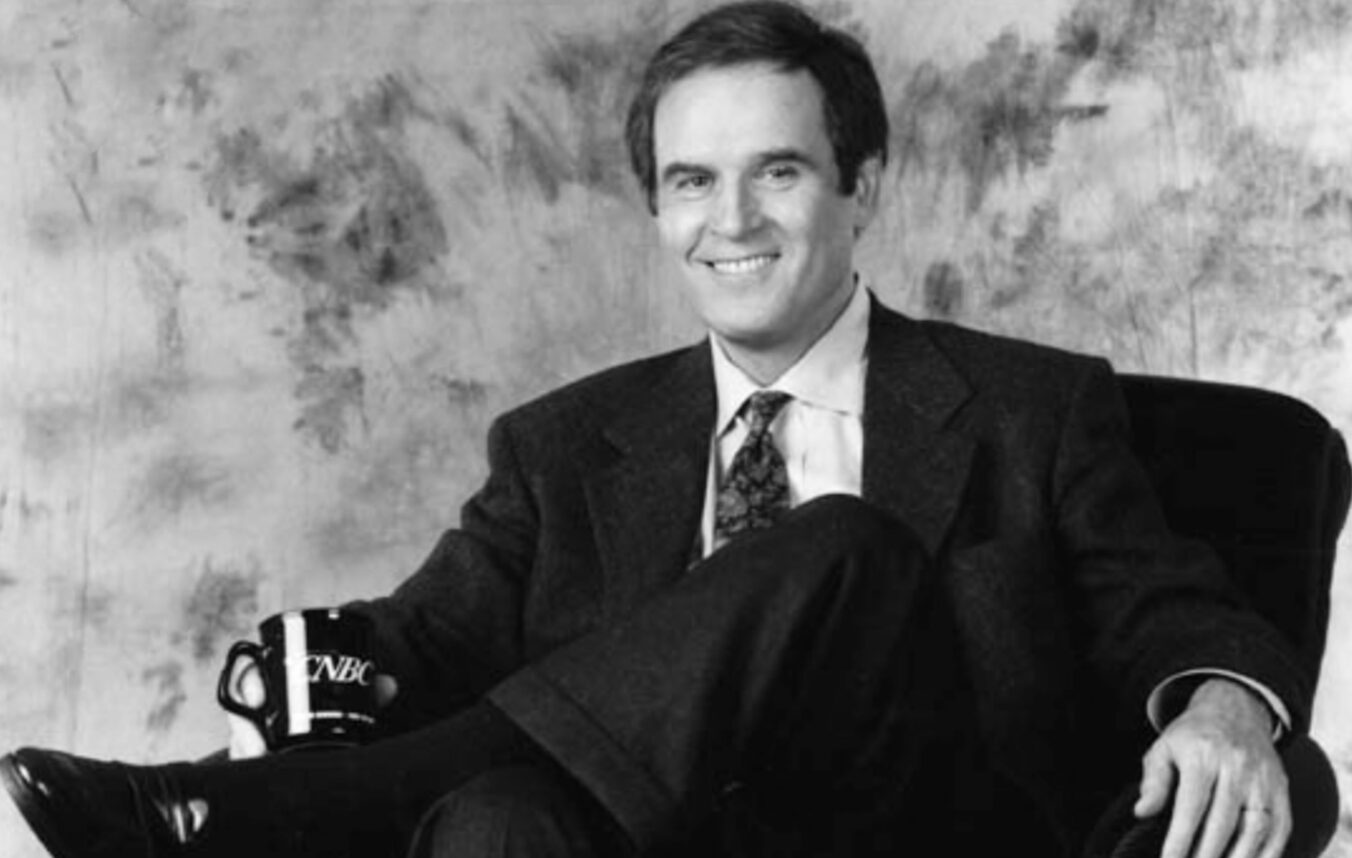Do rabbis have to be wordy? Actually, no — or at least, not according to Sinai Temple’s Rabbi David Wolpe. For the past eight years, Wolpe has been doing the unthinkable and actually condensing his lofty thoughts into succinct, easy-to-read-and-digest 200-word essays in the New York-based Jewish Week. Recently, Wolpe published “Floating Takes Faith, Ancient Wisdom for the Modern World,” (Behrman House), an anthology of his best columns. The selections in the book attempt to blend secular culture with Judaism, to prove that we have as much to learn from 17th century French aphorists like Francois de La Rochefoucauld as we do from Jewish scholars like Ibn Gabirol.
“No one tradition has a monopoly on wisdom,” Wolpe said. “I also want to help people learn to look for Jewish messages in the culture around them.”
Wolpe said that his desire to write a shorter column came as he was writing longer ones, but they were “infrequently published and infrequently read.” Once he started cutting words, the columns got a bigger response.
“When people see a rabbi’s name and a lot of words, they automatically assume that they are about to read a lot of superfluous stuff, and it’s hard for people to commit in a paper to read an entire column,” he said. “It’s much easier for them to read a brief, punchy point. And I also felt as though the central lessons that I had to teach, even though they could all be expanded upon, could be expressed succinctly.”
Wolpe’s goal with this book and with his columns is to achieve the most coveted accolade of all newspaper columnists — to have his column posted on someone’s refrigerator.
“I want to be put up there right next to that 30-year-old Art Buchwald column that has turned yellow,” he said.
In the meantime, he is continuing to write his columns and keeping them short.
“There is something to be said for brevity,” Wolpe mused. “But not too much, because you have to be brief.”























 More news and opinions than at a Shabbat dinner, right in your inbox.
More news and opinions than at a Shabbat dinner, right in your inbox.